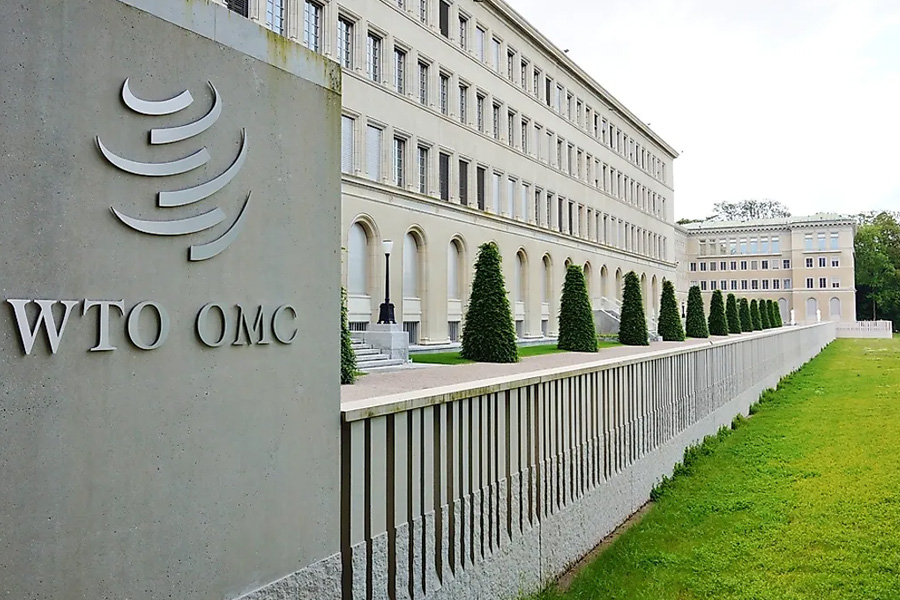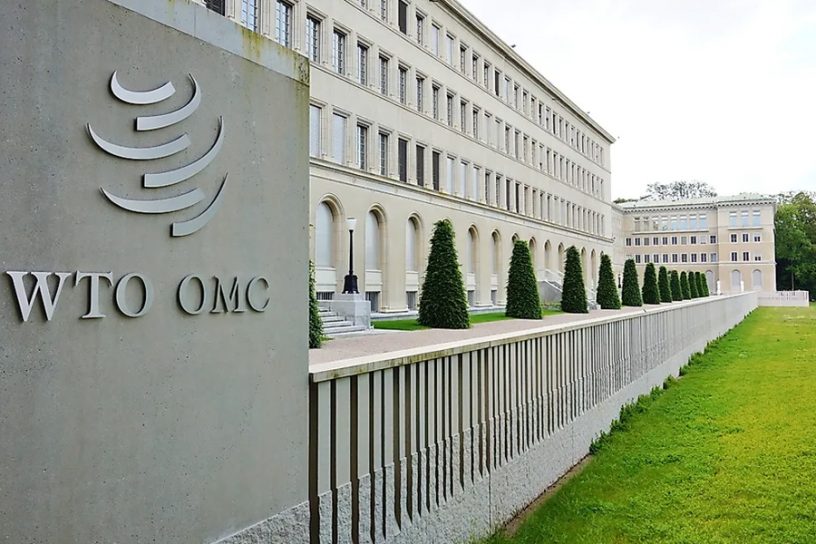
Presumably, one of the reasons India is not a party to investment facilitation agreement negotiations is the apprehension that foreign investors could use a future IFA to bring claims under the existing BITs.
Author
Prabhash Ranjan, Professor and Vice Dean, Jindal Global Law School, O.P. Jindal Global University, Sonipat, Haryana, India.
Summary
Although the World Trade Organization (WTO) is in a moribund condition, there is prolific activity taking place in one area of rule-making: investment facilitation agreement (IFA). Backed by more than 100 countries (it does not include India), the proposed IFA is meant to create legally binding provisions aimed at facilitating investment flows.
The legal obligations inter alia will require states to augment regulatory transparency and predictability of investment measures. This agreement will be very different from investment protection agreements such as bilateral investment treaties (BITs) that allow foreign investors to bring claims against the host state for alleged treaty breaches. This is known as investor-state dispute settlement (ISDS).
Presumably, one of the reasons India is not a party to IFA negotiations is the apprehension that foreign investors could use a future IFA to bring claims under the existing BITs. Anwar Shaik, India’s Counsellor at the WTO, has flagged this concern. Arguably, foreign investors may use the most favoured nation (MFN) provision in BITs to borrow or import stipulations from the IFA perceived to be more advantageous than those given in the underlying BIT.
Published in: The Hindu
To read the full article, please click here.


